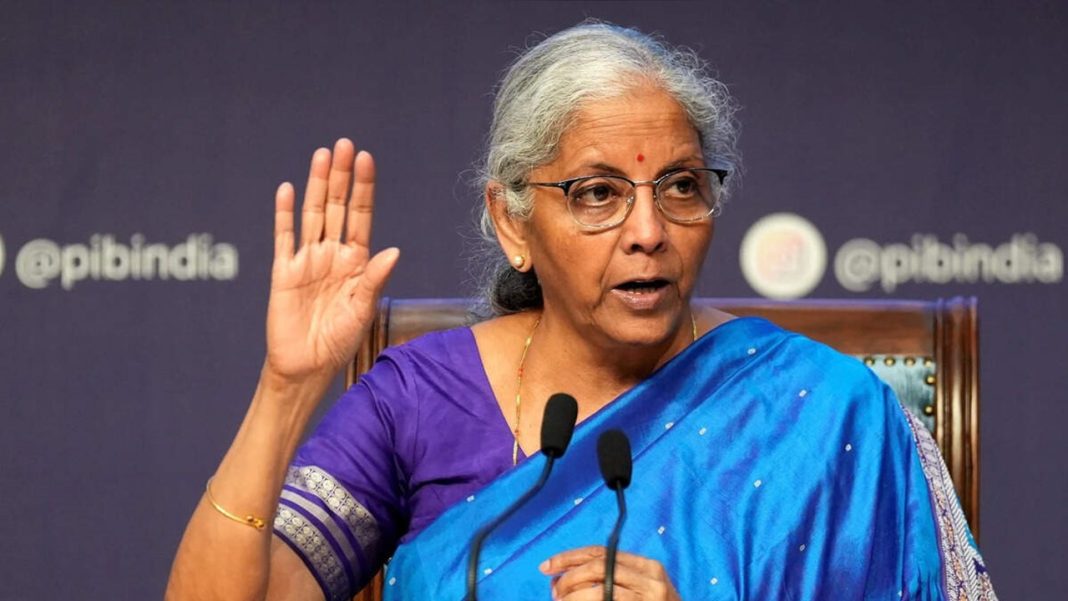Companies Must Pass Benefits of GST Rate Cuts to Consumers, FM Nirmala Sitharaman Says
On Friday, the Finance Minister Nirmala Sitharaman said that the companies must pass on the benefits of reduced GST (Goods and Services Tax) rates to consumers. She also unveiled that the government is preparing a relief package to support exporters impacted by US tariffs.
In an interview of about one hour with The Times of India, Finance Minister Nirmala Sitaraman said that the latest proposed GST reforms of 2025, introduced under the guidance of Prime Minister Narendra Modi in the 79th Independence Day speech, are aimed towards providing relief to common people, farmers, and small businesses. Further added that the ministries were already working with industries to ensure that the reduced tax rates lead to price cuts for consumers.
She also emphasised that some companies, including state-run insurance firms and a major Indian automobile manufacturer, have announced plans to lower prices. She said, “We are watching prices closely, and even MPs have told me they are monitoring prices in their own areas. Ministries are talking to the industries involved. From September 22, my complete focus will be on this.”
The new rationalised rates of GST are scheduled to come into effect from September 22, 2025, which is the first day of Navratri, a big Hindu festival in the country. This month is the beginning of several Hindu festivals, a time when consumers spend their income the most.
In an interview, the finance minister said that the GST rates have been revised on a total of 375 items, and now only 13 goods and services remain in the “sin and luxury” category (items such as alcohol, tobacco, and luxury cars). This will lead to a huge enhancement in consumption and growth.
Her belief is that these rate cuts will encourage consumers to spend more and will ultimately lead to economic growth. She further assured that GST rates will now be more stable, with fewer frequent changes going forward.
The finance minister also asserted that she has been working on GST since she finished presenting the Union Budget in parliament and other responsibilities. She said, “I was very clear that you can’t look at everything only in terms of how much revenue it brings in.”
She steadily rejected the claim that the Indian economy is doing poorly. That said, India has the fastest-growing economy and will soon become the third-largest economy in the world. The government was able to bring reforms to the GST due to the strong macroeconomic fundamentals of the country. Hence, no one says India’s economy is a “dead economy.”
She also pointed out the political environment of the country: “Our 140 crore countrymen need a better opposition, not this one; a good opposition that can help people understand things better and speak honestly.”
The finance minister accepted that some opposition-governed states raised concerns about the loss of revenue during the recent GST Council meeting. However, she noted that these concerns are discrepant from what they say publicly on GST rate reduction. She reminded everyone that the Centre also loses revenue, not just the states.
She said, “It’s not true that only the revenue of states is getting affected; the Centre is also an equal stakeholder. Is it not a ‘dharma sankat’ for me? … But when money flows into the pockets of the people, then should I only bother about my revenue? That is not possible.”



